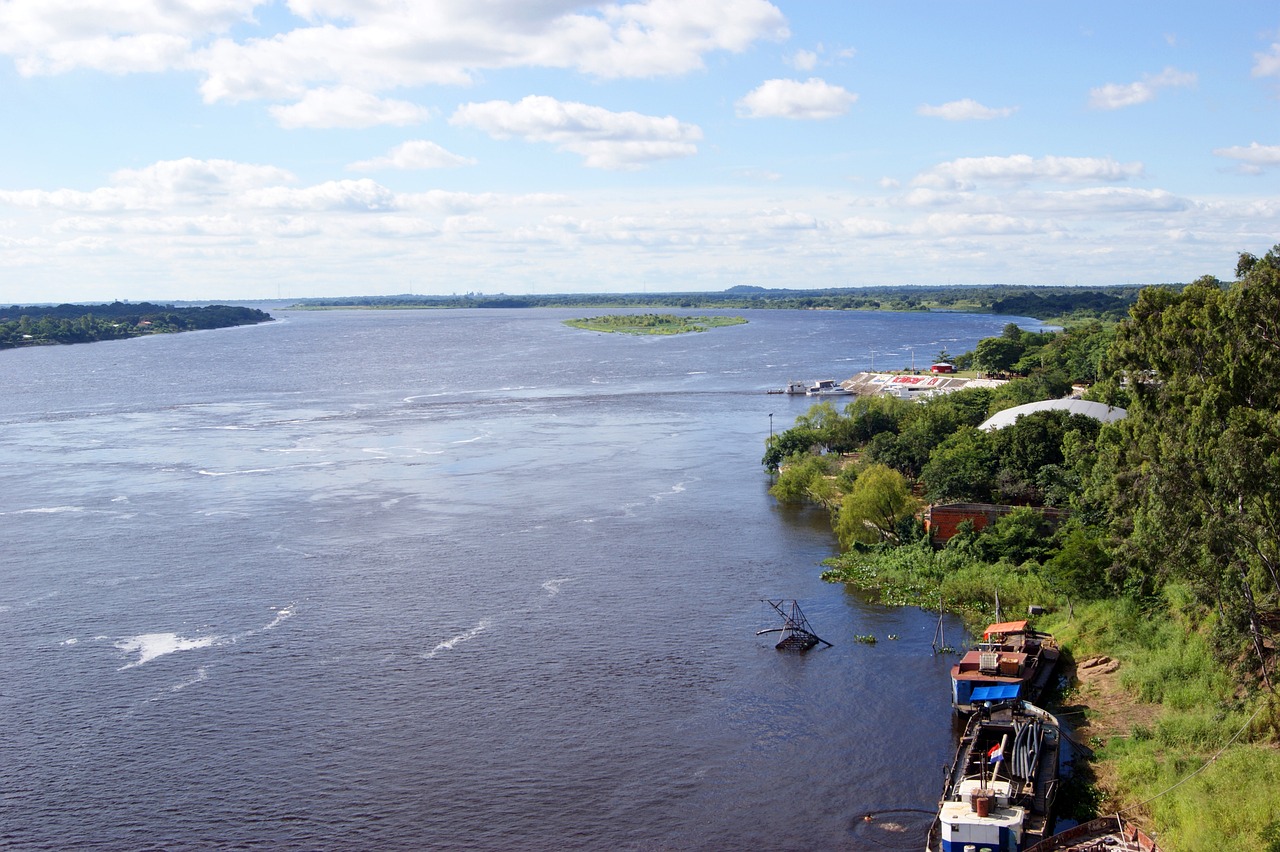Language and Communication: Overcoming Barriers in Paraguay
Language and communication play a vital role in our daily lives. They serve as the foundation for expressing thoughts, ideas, and emotions, as well as facilitating social interactions. In Paraguay, a landlocked country in South America, language and communication are particularly significant due to its unique linguistic landscape and diverse cultural heritage. This article explores the various languages spoken in Paraguay, the challenges faced in communication, and the efforts made to overcome these barriers.
Languages of Paraguay:
Paraguay is known for its linguistic diversity, with Spanish and Guarani being the two official languages of the country. Spanish is widely spoken and serves as the primary language for government, education, and business. Guarani, on the other hand, is an indigenous language that holds equal legal status with Spanish. It is spoken by a significant portion of the population, particularly in rural areas. The bilingualism of Paraguayans in Spanish and Guarani sets the country apart from its neighbors.
- Bilingualism: Paraguayans are known for their remarkable bilingualism in Spanish and Guarani. This unique linguistic situation contributes to the cultural identity and sense of belonging among the population.
- Spanish Language: Spanish, as the dominant language, plays a crucial role in formal settings such as education, government, and media. It is widely taught in schools and used in official documents.
- Guarani Language: Guarani, an indigenous language, is deeply rooted in Paraguayan culture and history. It is spoken by a significant portion of the population, especially in rural areas.
- Indigenous Languages: Apart from Guarani, Paraguay is home to several indigenous languages, including Ayoreo, Maka, and Nivacle. These languages are spoken by smaller communities and contribute to the linguistic diversity of the country.
Challenges in Communication:
While Paraguay’s linguistic diversity is a source of pride, it also presents challenges in communication, both within the country and internationally. These challenges can arise due to linguistic differences, cultural nuances, and limited language proficiency.
- Language Barriers: The coexistence of Spanish and Guarani can sometimes lead to language barriers, as individuals may have varying levels of proficiency in each language. This can hinder effective communication, especially in formal settings.
- Cultural Nuances: Paraguay’s cultural diversity brings with it unique cultural nuances that can impact communication. Different cultural practices, gestures, and social norms may require individuals to adapt their communication style to ensure mutual understanding.
- International Communication: When engaging in international communication, language barriers can become more pronounced. English is not widely spoken in Paraguay, which can pose challenges in global business interactions and international collaborations.
- Education: Limited access to quality education can contribute to communication challenges. Language proficiency and communication skills may be hindered by the lack of educational resources and opportunities, particularly in rural areas.
Efforts to Overcome Communication Barriers:
Paraguay recognizes the importance of effective communication and has taken various initiatives to overcome the barriers faced by its diverse population. These efforts aim to promote linguistic inclusivity, cultural understanding, and language education.
- Bilingual Education: Paraguay has implemented bilingual education programs to enhance language proficiency in both Spanish and Guarani. These programs ensure that students have equal access to education in their native language, fostering better communication skills.
- Language Policy: The government has enacted language policies that promote the use of both Spanish and Guarani in official contexts. This recognition of linguistic diversity encourages inclusivity and allows individuals to express themselves in their preferred language.
- Interpreting Services: In settings where language barriers are prominent, such as legal proceedings and healthcare, interpreting services are provided to facilitate effective communication between individuals who speak different languages.
- Cultural Exchange Programs: Cultural exchange programs and initiatives promote understanding and appreciation of Paraguay’s diverse cultures. These programs facilitate cross-cultural communication and foster a sense of unity among Paraguayans.
Paraguay Image 1:

Conclusion:
Language and communication are essential for fostering connections, understanding, and cooperation. In Paraguay, the coexistence of Spanish and Guarani reflects the rich cultural heritage of the country. While communication barriers can arise due to linguistic diversity and cultural nuances, Paraguay has made significant efforts to overcome these challenges. Through bilingual education, language policies, and cultural exchange programs, Paraguay continues to promote effective communication and inclusivity among its diverse population.
Paraguay Image 2:

References:
– www.paraguay.com
– www.mre.gov.py
– www.unicef.org
– www.ethnologue.com
– www.britannica.com
Paraguay Image 3:



